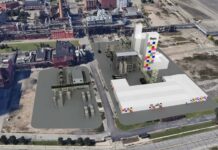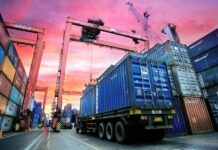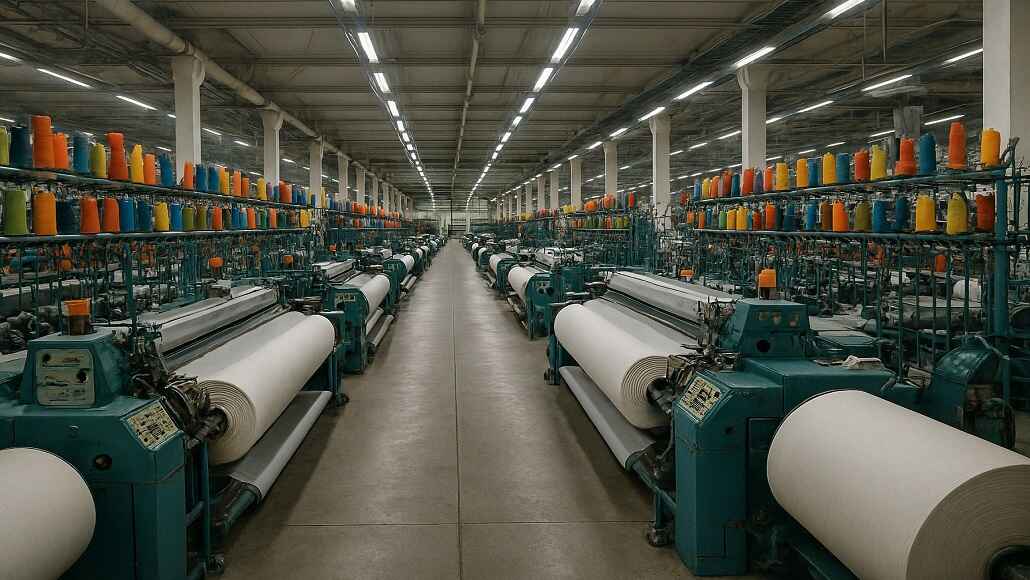Egypt is poised to establish two integrated textile cities in Minya and Fayyoum, each covering an area of 5.5 million square meters. These developments are projected to attract a total of $3.5 billion in both foreign and domestic investments. The initiative aims to significantly increase Egypt’s textile exports from the current $2.8 billion to $11.5 billion annually by 2030, as stated by Kamel el Wazir, the country’s Deputy Prime Minister for Industrial Development and Minister of Industry and Transport.
Wadi Al-Asria in Minya will be the first city in Upper Egypt dedicated solely to textiles, with projected construction investments of approximately EGP 12 billion (~$315.79 million). Both cities will act as prototypes for specialized industrial hubs, including dedicated service and logistics zones.
The cities will encompass the entire textile value chain, ranging from spinning and weaving to dyeing, garment production, home textiles, and related industries, thereby creating a fully integrated production ecosystem. They will also feature textile training institutes, investor support centers, healthcare facilities, exhibition spaces, logistics areas, and research and development hubs, according to a press statement from the Ministry of Industry.
Wazir underscored that this initiative aligns with Egypt’s Vision 2030, which was launched in 2014, and emphasized the importance of the industrial sector as a cornerstone of national strength. Currently, the industrial sector contributes about 14% to the gross national product, with the objective of increasing this share to over 20%.
He also noted that expanding the industrial sector will lead to job creation, generate foreign currency, and improve living standards. The locations of the cities in Minya and Fayyoum were chosen strategically for their access to ports, roadways, railway networks, residential areas, and a readily available workforce.
The project will adopt an industrial developer model in collaboration with the private sector. Developers will be responsible for planning, infrastructure, operations, and marketing, while the government will facilitate all necessary procedures to ensure swift implementation and support sustainable industrial development in Upper Egypt. The establishment of these integrated textile cities in Egypt marks a significant step toward enhancing the country’s industrial landscape. In summary, the integrated textile cities in Egypt will play a crucial role in boosting exports and fostering economic growth.

































